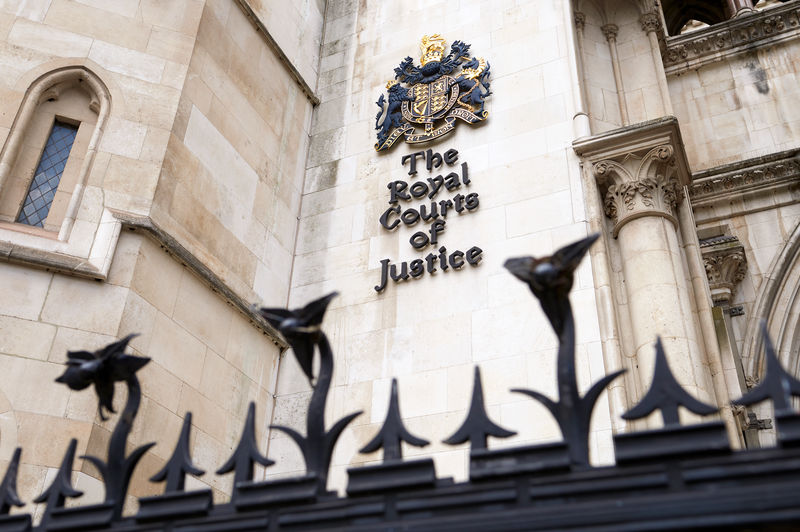The UK Law Commission’s review of the Arbitration Act 1996 has concluded with the publication of its final recommendations. The final recommendations present a welcome set of practical changes that fine-tune legislation that is already widely considered to be functioning effectively—and for which, as the Law Commission affirmed, there was
Register for free to keep reading
To continue reading this article and unlock full access to GRIP, register now. You’ll enjoy free access to all content until our subscription service launches in early 2026.
- Unlimited access to industry insights
- Stay on top of key rules and regulatory changes with our Rules Navigator
- Ad-free experience with no distractions
- Regular podcasts from trusted external experts
- Fresh compliance and regulatory content every day













